NO. THAT SUGGESTION DOES NOT ANSWER THIS AT ALL. SEE CORRECT ANSWER BELOW.
I am building an application whereby I want a user to enter a password into a browser, which is sent via my server to another device running Python. The password then needs to be validated by the device running Python.
The problem is, I dont want my server handling passwords in any way. So I figured I could hash the password in the browser before it is sent, have the server pass on the hash to the device, then check the hash is equivalent on the Python side.
Python has a built-in library for this purpose, but it seems javascript does not. I thought I could leverage a public javascript library, but when I compare the results from the javascript SHA256 algorithm here to what the SHA256 function in Python produces it is not the same string of characters.
Is there a cross code hash function (or any other solution) I can use?
An Update
In response to a "gee whiz, this question is the same as all these ones" let me clarify. This is not about a strategy for storing passwords or finding a 'trustworthy' library (like the post suggested). There is NOT any discussion about cross code compatibility of SHA2 on this site. I could not even find a discussion that pointed out that different SHA2 implementations SHOULD produce the same result. I did plenty of research. In fact it was the various discussions about different javascript "implementations" of SHA2 that confused me. I actually tested a scenario myself, which further confused me as the website picked up a carriage return and produced a different hash. (see below)
This is about having a function in TWO languages that produces the same output...on different devices. I think it is actually an unusual application of hashing, as generally the same code layer is used to hash, store and compare hashed values.
In the rush to down-vote the question and establish mental superiority it seems to me the question was not read properly and incorrect assumptions were made. Hopefully contributors to this site will in future take a more considered and helpful approach like the successful answer.
The link for the javascript library I provided produced the following hash for the text 'MyPassword'
5e618e009fe35ea092150ad1f2c24e3181b4cf6693dc7bbd9a09ea9c8144720d
If I use the sha256 function from Python I get the result below, which seems to indicate to me that not all SHA256 functions are equal and produce the same result.
